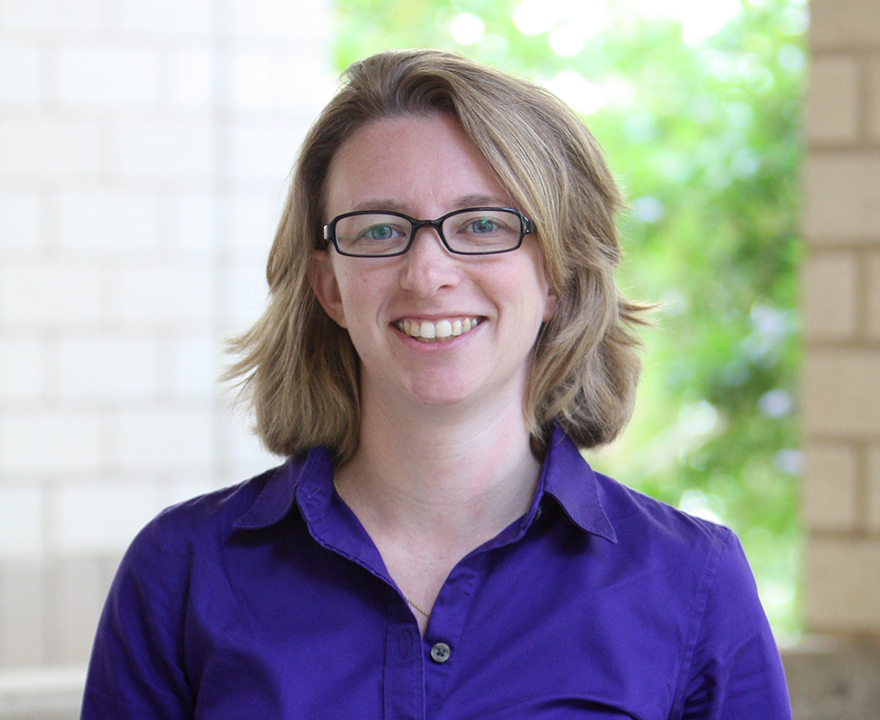Expanding the field of political methodology

Expanding the field of political methodology
- May 30, 2023
- UCI political scientist Samantha Vortherms receives NSF CAREER award for study on globalization, establishment of summer research institute
-----
Under what conditions does economic globalization expand who gets access to socio-economic rights like school, healthcare and social security in authoritarian states? And what are the consequences for authoritarian stability? Samantha Vortherms, UCI political science assistant professor, has received a $592,579 CAREER grant from the National Science Foundation to study mechanisms that link economic globalization with authoritarian redistribution, using China as a case study. Funding will also support creation of the Citizenship Lab at UCI – a formal summer mentorship and professional training program for underrepresented students interested in political methodology and research design.
“China is a crucial case for understanding the distributional consequences of globalization as economic development driven by globalization is a key source of the Chinese state’s legitimacy,” says Vortherms. “Yet unequal access to protective government services sows seeds of dissent and is increasingly the source of protests and social instability. Additionally, China operates highly institutionalized access to redistribution through local registration systems, allowing for identification and measurement of both depth and breadth of access to socio-economic rights.”
The study builds on previous work in which she identified local membership rules that municipal Chinese governments use to manipulate who gets access to different rights. With funding from NSF, she’ll be expanding the database to include all of China’s 333 municipalities while tracking access to welfare programs and identifying where internal migrants face the highest barriers to social welfare programs. She’ll also survey more than 300,000 foreign-invested firms in China, collecting data on number of employees, education level of current workers, and areas of skill required to perform needed work as well as firm engagement with domestic and international markets. She’ll then collect detailed geographic data on social unrest – protests, strikes, riots, demonstrations – to better understand how access to socio-economic rights impacts social unrest.
Lessons from this project can be applied to other socialist and post-communist authoritarian states, especially those that use institutional constraints on access to welfare, such as Vietnam and the former Soviet republics, she says.
The work – which relies on tools of political methodology – will serve as the launching point for her Citizenship Lab at UCI.
"Political methodology is one of the least diverse sub-fields in political science and supportive mentor networks are one of the most important tools for recruiting and maintaining a diverse pipeline of new political scientists," she says. "Yet these 'soft' skills are not taught in graduate programs."
The Citizenship Lab will bring together undergraduate and graduate students from minority-serving institutions for training in both research and mentorship activities during summer.
The NSF CAREER award is considered the institute’s most prestigious honor that supports early career academics and recognizes faculty poised to make a significant difference in their fields through research and educational advances. Funding for Vortherm’s research and Citizenship Lab began in April and runs through April 2027.
-----
Would you like to get more involved with the social sciences? Email us at communications@socsci.uci.edu to connect.
Share on:
Related News Items
- Careet RightDickson receives grant to apply computational cognitive models to language acquisition
- Careet RightWhy federally funded social science research matters: How we understand the world
- Careet RightReady for takeoff
- Careet RightManipulating Authoritarian Citizenship: Security, Development, and Local Membership in China
- Careet RightCovid in China: Xi's fraying relationship with the middle class


